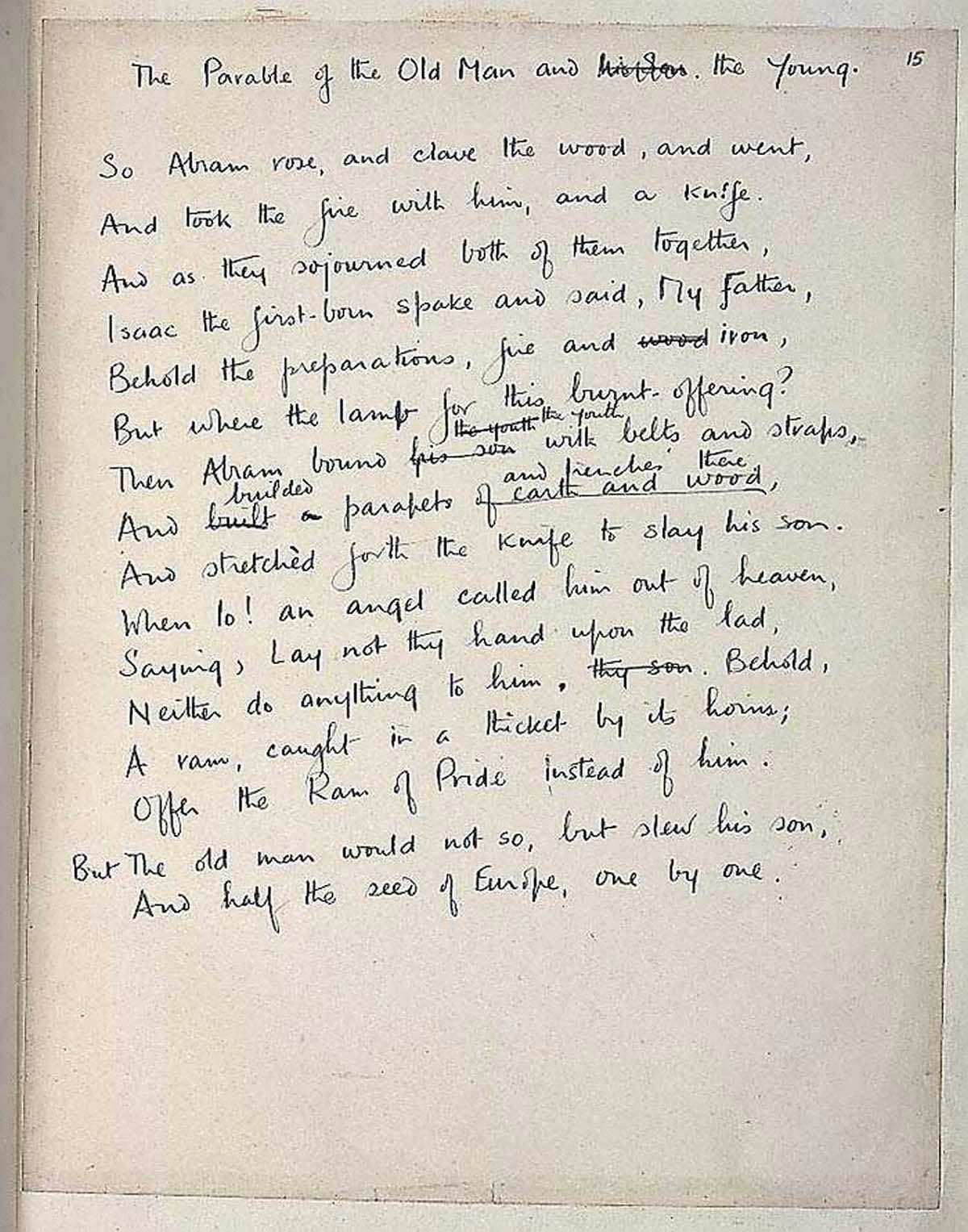MURDER, POLITICS, AND THE END OF THE JAZZ AGE
by Michael Wolraich
Neither party expected for the war, the magnitude, or the duration, which it has already attained. Neither anticipated that the cause of the conflict might cease with, or even before, the conflict itself should cease. Each looked for an easier triumph, and a result less fundamental and astounding. Both read the same Bible, and pray to the same God; and each invokes His aid against the other. It may seem strange that any men should dare to ask a just God's assistance in wringing their bread from the sweat of other men's faces; but let us judge not that we be not judged. The prayers of both could not be answered; that of neither has been answered fullyShortly he would become our first Presidential Martyr, and his profoundest hopes remain just hopes, as current the current political scene reminds us.
.
* * *
With malice toward none; with charity for all; with firmness in the right, as God gives us to see the right, let us strive on to finish the work we are in; to bind up the nation's wounds; to care for him who shall have borne the battle, and for his widow, and his orphan--to do all which may achieve and cherish a just, and a lasting peace, among ourselves, and with all nations.

THE PARABLE OF THE OLD MAN AND THE YOUNG by WILFRED OWEN
So Abram rose, and clave the wood, and went, And took the fire with him, and a knife. And as they sojourned both of them together, Isaac the first-born spake and said, My Father, Behold the preparations, fire and iron, But where the lamb, for this burnt-offering? Then Abram bound the youth with belts and straps, And builded parapets and trenches there And stretched forth the knife to slay his son. When lo! an Angel called him out of heaven, Saying, Lay not thy hand upon the lad, Neither do anything to him, thy son. Behold! Caught in a thicket by its horns, A Ram. Offer the Ram of Pride instead.
But the old man would not so, but slew his son, And half the seed of Europe, one by one.